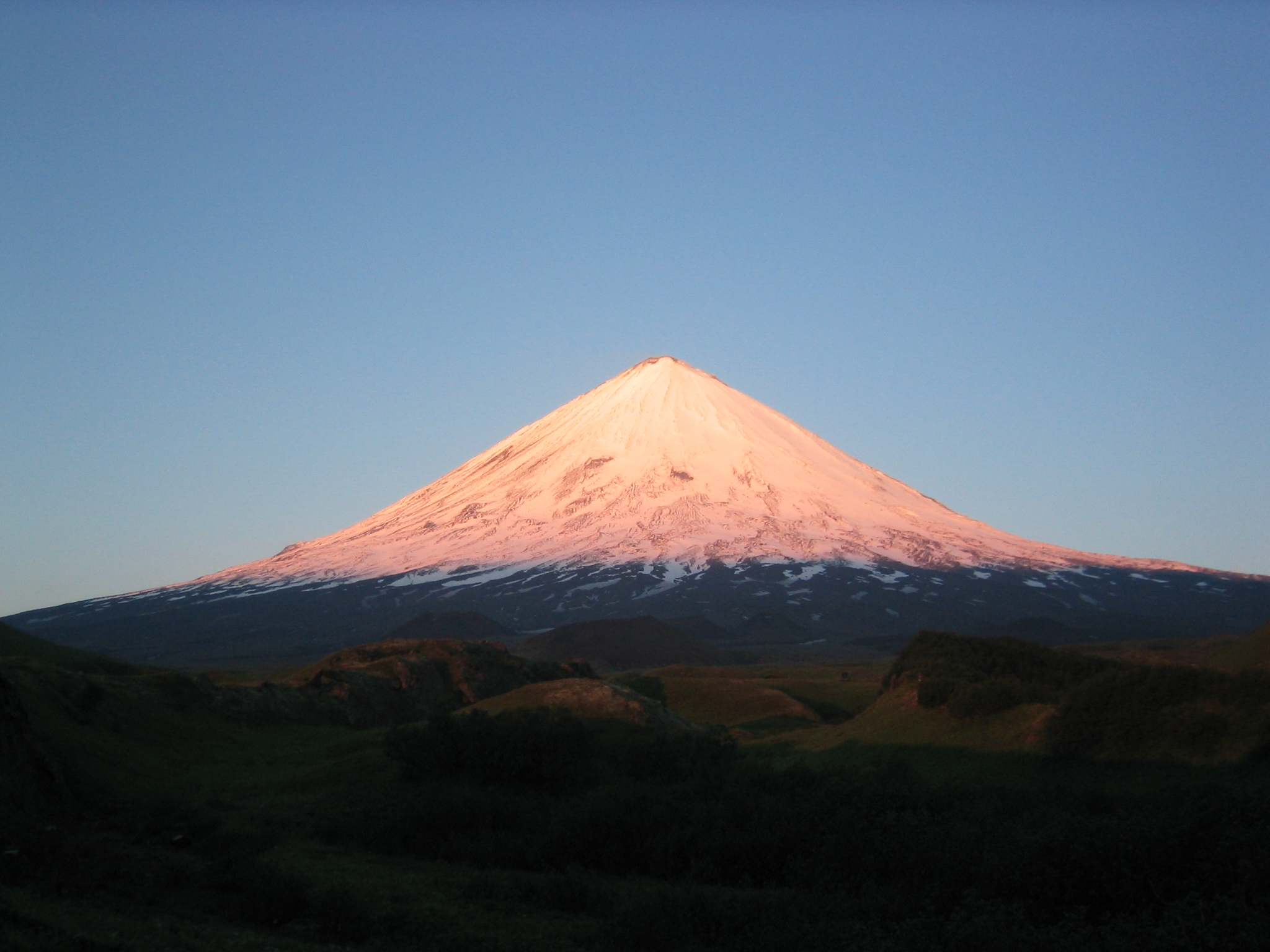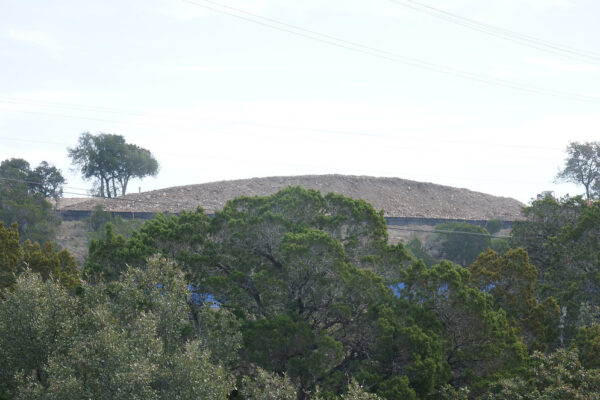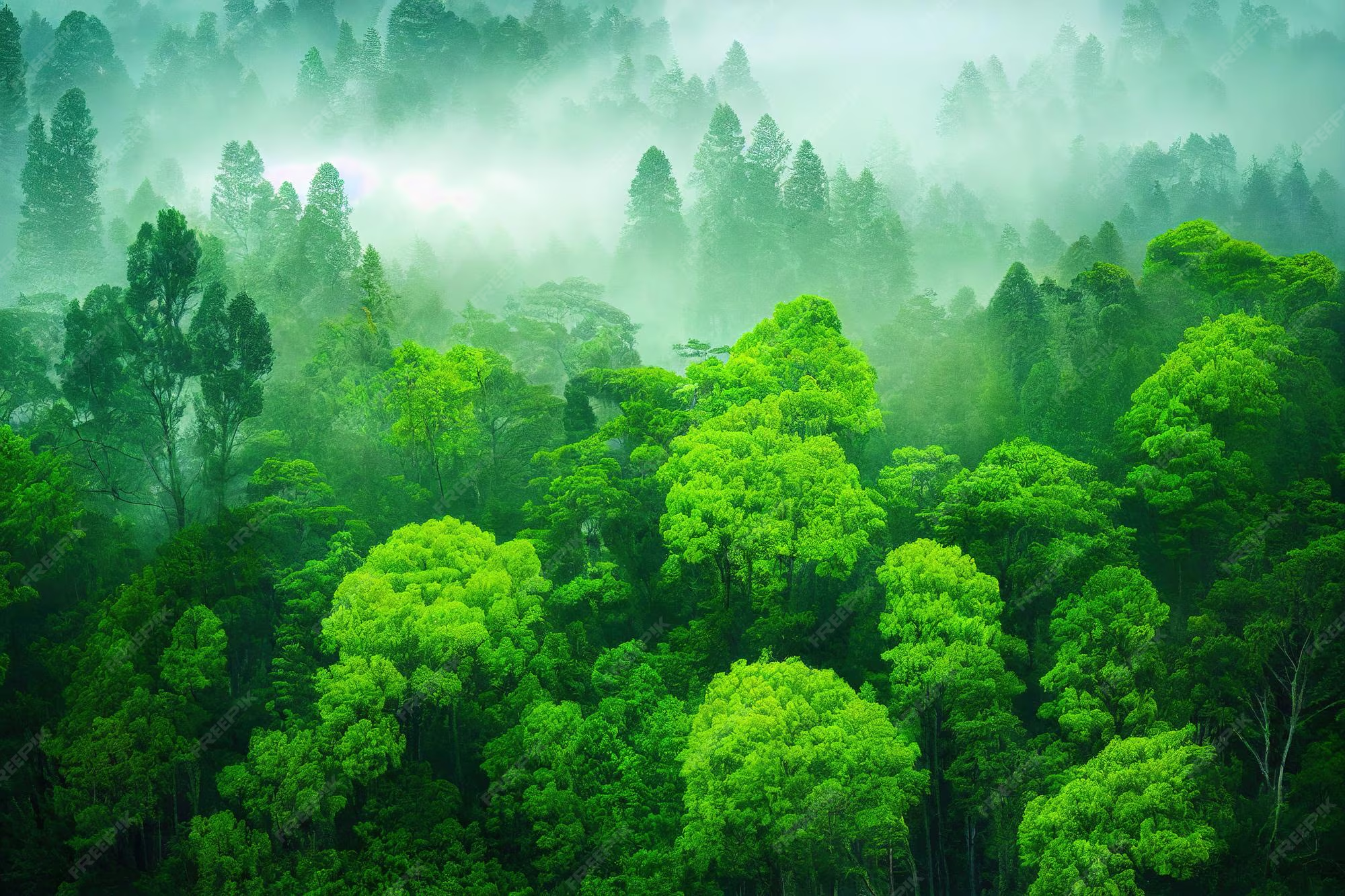Recent Eruptions of Volcanoes in Russia: Impacts and Insights

Introduction
The presence of volcanoes in Russia is not only a remarkable geological phenomenon but also poses important environmental and societal implications. Russia is home to numerous active volcanoes, particularly in the Kuril Islands and Kamchatka Peninsula, where volcanic activity has been a persistent feature of the landscape. In recent weeks, the eruption of several volcanoes has raised concerns among scientists and residents alike, highlighting the need for awareness and preparedness.
Current Events and Eruptions
In October 2023, the Klyuchevskaya Sopka volcano, one of the most active in the world, began a new eruption cycle, sending ash plumes up to 10,000 metres into the atmosphere. This eruption is part of a series of eruptions that have occurred over recent months, causing disruptions in air travel and rising local ashfall levels. The Volcanic Aviation Color Code has been raised to red, signalling the increased risk to flights in the vicinity.
Similarly, the Shiveluch volcano, another significant site of activity, has also exhibited increased ash emissions, leading to the issuance of alerts for surrounding communities. Volcanologists from the Institute of Volcanology and Seismology in Petropavlovsk-Kamchatsky are closely monitoring both eruptions, using satellite imagery and remote sensing technology to track volcanic behaviour and advance understanding of eruption patterns.
Environmental and Societal Impact
The ramifications of these volcanic events extend beyond immediate ashfall and air travel disruptions. Local ecosystems risk being altered due to the deposition of volcanic materials, which can change soil composition and water sources. Moreover, communities reliant on agriculture are particularly vulnerable, as crop yields may be affected due to volcanic ash burying fields or contaminating water supplies.
Residents have reported respiratory issues due to increased ash in the atmosphere, highlighting public health concerns that accompany these natural disasters. Government agencies are on high alert, ready to evacuate areas should conditions escalate further or pose significant threats.
Conclusion
The recent eruptions of volcanoes in Russia serve as a reminder of the power of nature and the need for continued research and monitoring. With climate change and shifting geological activity, the potential for increased volcanic activity raises imperative questions about preparedness and resilience in affected communities. The monitoring of these volcanoes is crucial not just for regional safety but also to enhance our scientific understanding of volcanic behaviour globally. The ongoing developments in Russia’s volcanic regions will undoubtedly attract attention from scientists and policymakers, emphasizing the need for a coordinated response to the challenges posed by these magnificent natural features.
You may also like

The Vital Importance of Ground in Various Sectors

Understanding the Significance of Energy in Our Lives

Understanding Forest Green: Its Significance and Impact
SEARCH
LAST NEWS
- Remembering Wendy Richard: The Promise to Co-Star Natalie Cassidy
- How Did Anglian Water Achieve an ‘Essentials’ Rating for Mental Health Accessibility?
- Shai Hope Leads West Indies in T20 World Cup Clash Against South Africa
- What We Know About Weston McKennie: Future at Juventus and Past at Leeds
- What We Know About the Upcoming Live Nation Antitrust Trial